Activision Blizzard Acquisition: FTC's Appeal And Future Of The Deal
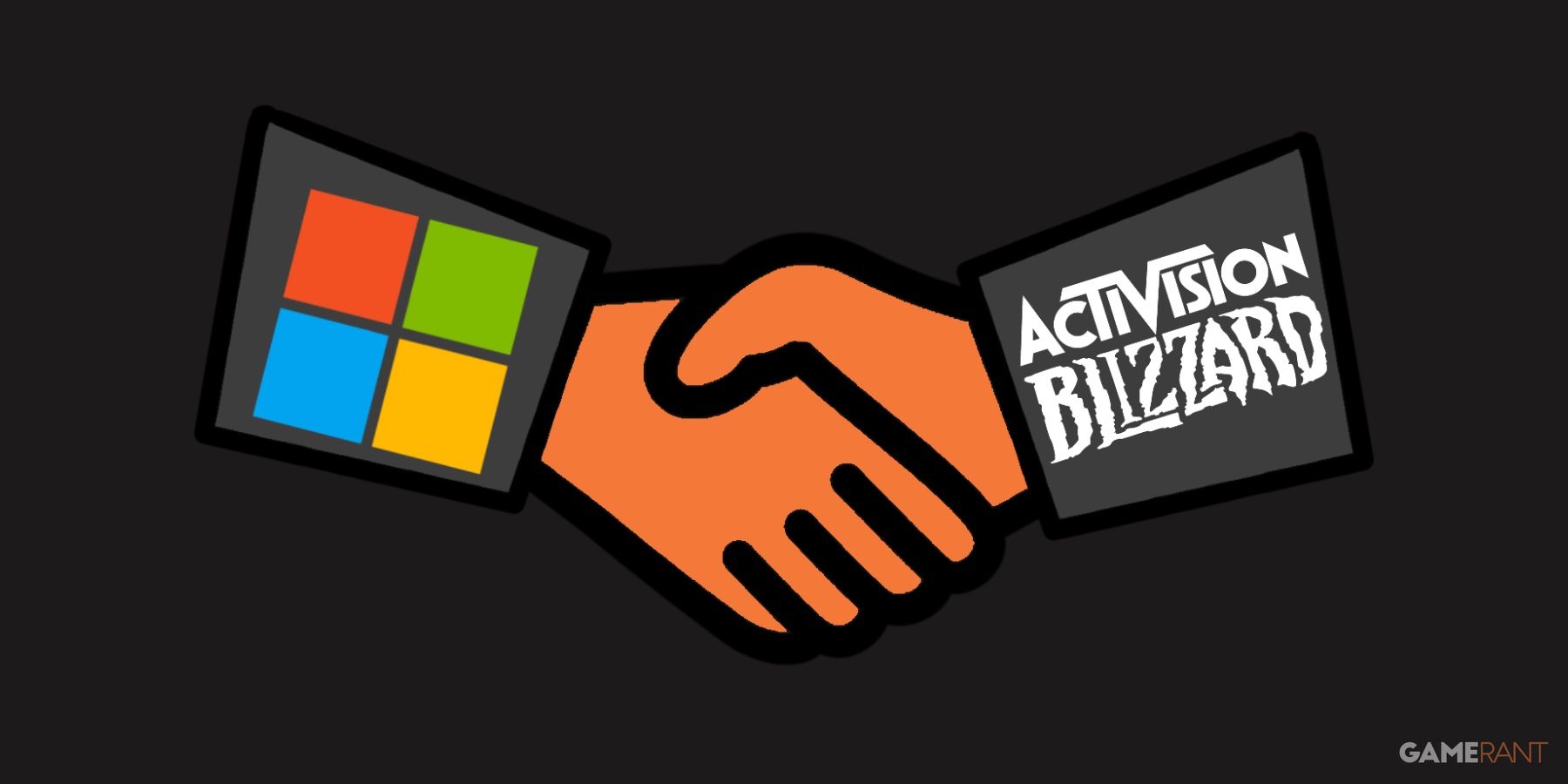
Table of Contents
The FTC's Antitrust Concerns
The FTC's opposition to the Microsoft Activision Blizzard acquisition stems from deep-seated antitrust concerns. Their primary argument revolves around the potential for market domination and the stifling of competition.
Market Domination Fears
The FTC argued that Microsoft's acquisition would grant it undue control over the video game market, particularly concerning immensely popular franchises like Call of Duty. This dominance, they contend, could be leveraged to harm consumers and competitors.
- Restricting access to Call of Duty on competing consoles: The FTC fears Microsoft could make Call of Duty exclusive to Xbox, harming PlayStation and other platforms. This would significantly disadvantage competitors and potentially drive gamers towards the Xbox ecosystem.
- Stifling competition and innovation in the gaming industry: A consolidated market controlled by Microsoft could stifle innovation and limit the variety of games and services available to consumers. Smaller developers could face significant challenges competing with a behemoth like Microsoft.
- Potentially harming consumers through higher prices and fewer choices: Reduced competition often leads to higher prices and a decrease in the quality and variety of products and services. The FTC believes this Microsoft acquisition would have this effect on the video game market.
Concerns Regarding Cross-Platform Play
Beyond Call of Duty, the FTC expressed concerns about the broader impact on cross-platform gaming. They worry Microsoft could leverage its ownership of Activision Blizzard to disadvantage competitors.
- Limiting cross-platform play functionalities: Microsoft could restrict or degrade cross-platform play features, making it less appealing for gamers on other consoles to interact with Xbox users.
- Making it more difficult for competitors to offer similar services: By controlling key gaming franchises and technologies, Microsoft could make it harder for rivals to develop and offer comparable services, effectively creating barriers to entry for new competitors.
- Potentially creating a walled-garden ecosystem around Microsoft's gaming services: The FTC worries about a scenario where Microsoft could create a closed ecosystem, forcing gamers to use only Microsoft's services and platforms.
The Judge's Initial Ruling and the FTC's Appeal
The legal battle surrounding the Microsoft Activision Blizzard acquisition has been far from straightforward.
The Dismissal
A federal judge initially dismissed the FTC's lawsuit, ruling that the agency hadn't sufficiently proven the merger would substantially lessen competition. This decision was based on the judge's assessment of the evidence presented by both sides.
- Judge's reasoning and key arguments: The judge emphasized the availability of alternative gaming platforms and the strength of competition in the market.
- Legal basis for the FTC's appeal: The FTC appealed the decision, arguing that the judge misinterpreted relevant antitrust laws and failed to adequately consider the potential harm to competition.
- Analysis of the judge's decision and its implications: The initial dismissal sparked debate among legal experts and industry analysts, highlighting the complexity of antitrust law in the rapidly evolving digital market.
The Appeal Process and its Timeline
The FTC's appeal is a significant development, potentially overturning the initial ruling. The process involves several stages, and the timeline is uncertain.
- Steps in the appeal process: This includes filing briefs, oral arguments before the appellate court, and a final decision.
- Potential timeline for a final decision: The process could take months, even years, to complete.
- Key arguments likely to be raised by both sides: Both sides will likely rehash and expand upon their arguments from the initial trial, focusing on evidence and legal precedents.
Potential Outcomes and their Impact on the Gaming Industry
The outcome of the FTC's appeal will significantly impact the future of the gaming industry.
If the Appeal is Successful
A successful appeal could halt the acquisition entirely, forcing Microsoft to abandon its bid or face further protracted legal battles.
- Impact on Microsoft's gaming strategy: Microsoft's gaming strategy would require significant recalibration, potentially delaying or altering planned projects.
- Effects on Activision Blizzard's future: Activision Blizzard's future would be uncertain, potentially facing a period of instability and decreased market value.
- Potential implications for other mergers and acquisitions in the gaming industry: A successful appeal could set a precedent for future mergers and acquisitions, making it harder for large companies to consolidate power in the gaming industry.
If the Appeal is Unsuccessful
If the appeal fails, the acquisition will likely proceed, fundamentally reshaping the gaming landscape.
- Market consolidation and its impact on competition: This merger will lead to significant market consolidation, potentially reducing competition and affecting innovation.
- Changes in game pricing and availability: The acquisition could result in changes in game pricing and availability, potentially impacting gamers' access to specific titles and services.
- Influence on future game development and innovation: The combined resources of Microsoft and Activision Blizzard could influence future game development and innovation, potentially leading to both benefits and drawbacks for consumers.
Conclusion
The FTC's appeal of the Activision Blizzard acquisition is a critical development with far-reaching consequences for the gaming industry. The outcome will significantly influence the future of mergers and acquisitions within the sector and the competitive landscape for gamers worldwide. Stay informed about the progress of this legal battle and its impact on the future of your favorite games. Follow future developments on the Activision Blizzard acquisition to understand its ultimate impact. The future of the gaming landscape hinges on the resolution of this significant antitrust case.

Featured Posts
-
 Thomas Mueller Omagial Final Pentru O Legenda A Bayern Munchen
May 12, 2025
Thomas Mueller Omagial Final Pentru O Legenda A Bayern Munchen
May 12, 2025 -
 Dochter Sylvester Stallone Foto Oogst Lof Voor Haar Schoonheid
May 12, 2025
Dochter Sylvester Stallone Foto Oogst Lof Voor Haar Schoonheid
May 12, 2025 -
 Nine Month Space Mission Examining The Cbs News Report On Astronauts Stay
May 12, 2025
Nine Month Space Mission Examining The Cbs News Report On Astronauts Stay
May 12, 2025 -
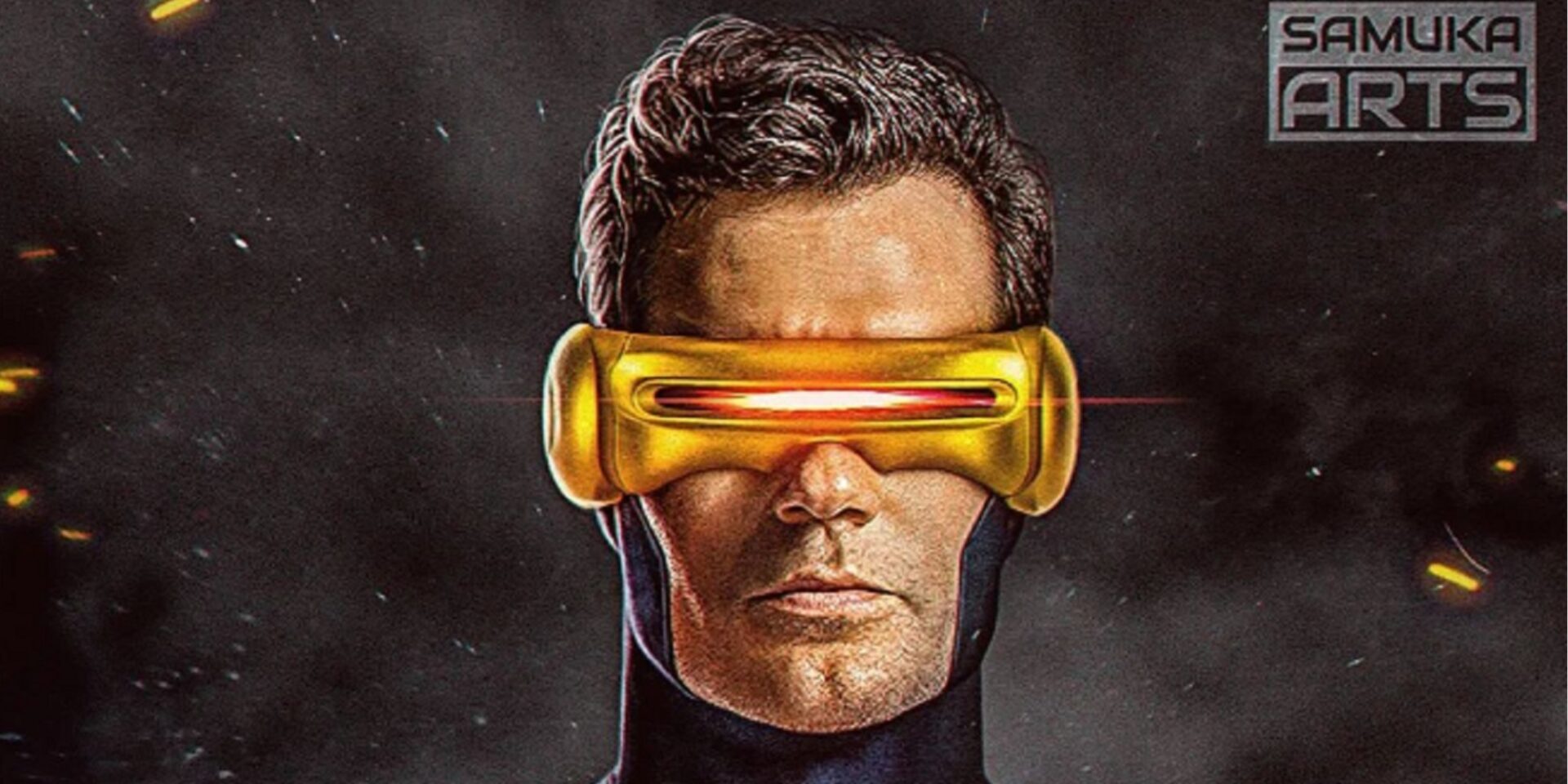 Henry Cavill As Cyclops Fake Marvel Trailer Takes The Internet By Storm
May 12, 2025
Henry Cavill As Cyclops Fake Marvel Trailer Takes The Internet By Storm
May 12, 2025 -
 The Michael Johnson Grand Slam Speed Stars And Substantial Prize Money
May 12, 2025
The Michael Johnson Grand Slam Speed Stars And Substantial Prize Money
May 12, 2025
Latest Posts
-
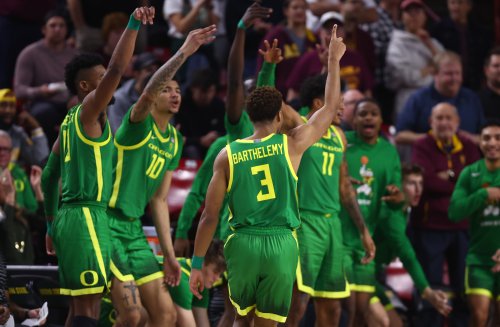 Ncaa Tournament Watch Duke Vs Oregon Live Game Day Information
May 13, 2025
Ncaa Tournament Watch Duke Vs Oregon Live Game Day Information
May 13, 2025 -
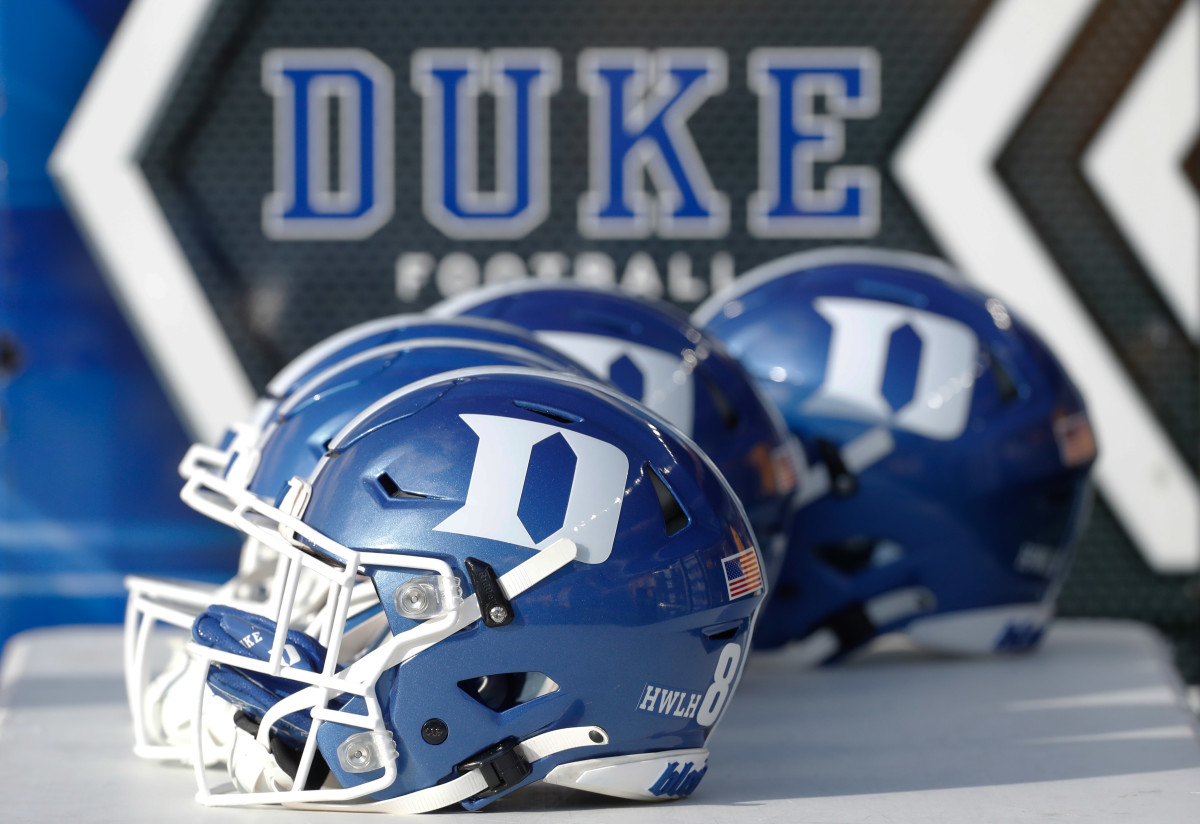 Duke Vs Oregon Ncaa Tournament Live Game Updates And How To Watch
May 13, 2025
Duke Vs Oregon Ncaa Tournament Live Game Updates And How To Watch
May 13, 2025 -
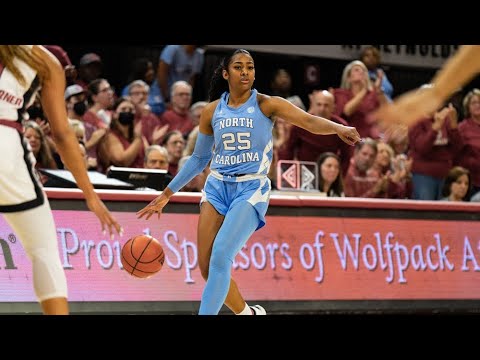 Deja Kelly Undrafted Wnba Rookie Sinks Game Winning Shot In Aces Preseason Match
May 13, 2025
Deja Kelly Undrafted Wnba Rookie Sinks Game Winning Shot In Aces Preseason Match
May 13, 2025 -
 Kelly Ripas Absence From Live How Mark Consuelos Is Coping
May 13, 2025
Kelly Ripas Absence From Live How Mark Consuelos Is Coping
May 13, 2025 -
 Aces Preseason Game Undrafted Rookie Deja Kellys Dramatic Game Winner
May 13, 2025
Aces Preseason Game Undrafted Rookie Deja Kellys Dramatic Game Winner
May 13, 2025
